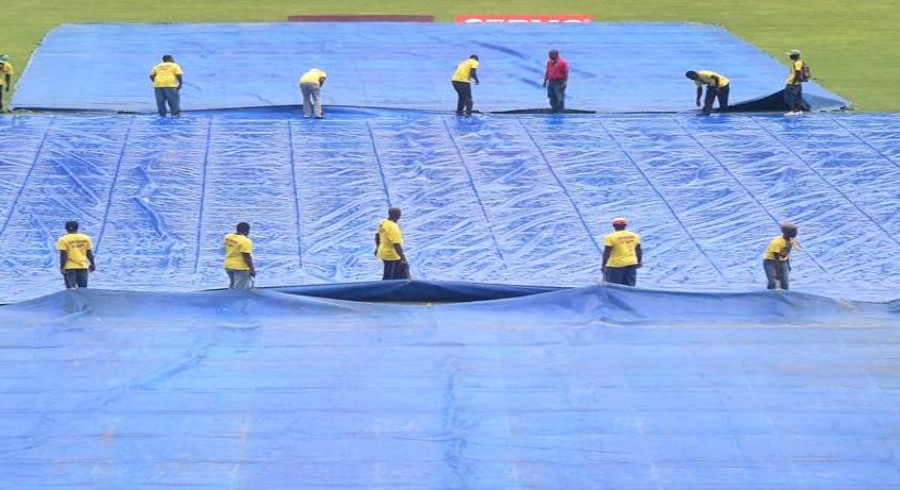Critics insist the system is too complicated
 PHOTO: AFP
PHOTO: AFP
It may have replaced a system that produced the farcical finish that saw South Africa needing to score 21 runs off one ball to beat England in a 1992 World Cup semi-final in Sydney, but the Duckworth-Lewis-Stern method has been involved in its fair share of controversy as well.
The death aged 78 of Tony Lewis, who together with fellow mathematician Frank Duckworth devised the original D/L formula, designed to set revised targets in weather-affected limited overs matches, was announced on Wednesday.
ALSO READ: Hafeez includes one Pakistani in his top-five batsmen of all-time
The system was introduced in 1997 and adopted by the International Cricket Council two years later, with Steven Stern becoming the custodian of the method when mathematicians Duckworth and Lewis retired.
"His contribution to the game of cricket will be remembered for years to come," said ICC general manager Geoff Allardice as he paid tribute to Lewis on Thursday.
Critics, however, insist the system is too complicated and here AFP Sport looks at three of the most dramatic finishes to a match involving the Duckworth-Lewis formula:
2003: South Africa exit own World Cup as Boucher blocks out
Co-hosts South Africa needed to beat Sri Lanka in their final group game in Durban to go through to the second phase Super Sixes.
When rain stopped play with five overs, South Africa were 229 for six.
That was the 'par score' under D/L method, crucially the figure a team needs in order to tie rather than win.
It appeared on-strike batsman Mark Boucher believed the Proteas had won when he blocked what became the last ball of the match, rather than run a winning single.
"Both Shaun Pollock (South Africa captain) and Sanath Jayasuriya (Sri Lankan captain) had the same papers (with the run-rates)," said Duckworth.
"Sanath read it right and Shaun didn't."
2009: Dyson does for the West Indies
Someone else who certainly "didn't read it right" was West Indies coach John Dyson, with his extraordinary blunder gifting England victory in the first one-day international in Guyana.
With the light fading, Stuart Broad had Denesh Ramdin lbw to shift the D/L target in England's favour, with West Indies needing 27 from 22 balls.
Dyson, however, insisted his not-out batsmen walk off after reading the sheet in front of him.
"When it came down to that last wicket I didn't go across the column," former Australia opening batsman Dyson admitted afterwards.
"I went down the wrong column. It was a bad mistake."
A few months later, after a run of poor results, Dyson was sacked.
2018: Scotland's World Cup heartache
Scotland had to beat the West Indies in a qualifying match in Harare to reach the 2019 World Cup in England.
Chasing 199 to win, they were 125 for five off 35.2 overs when a downpour ended the game.
The Scots felt aggrieved after Richie Berrington was given out lbw for 33 in what appeared to be a poor decision.
But with no Decision Review System in use at the qualifiers, they had no way of challenging the on-field umpire's verdict.
Had Scotland been just four down for the same total come the rain, they would have won and qualified.
Although it was DRS, rather than DLS that was mainly in the spotlight this time, it did show what a difference the loss of just one wicket could make under the formula Lewis and Duckworth created.